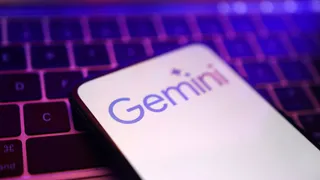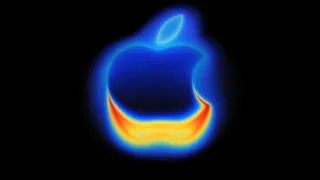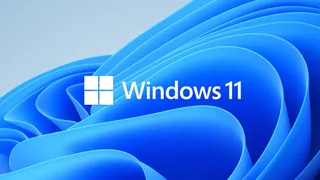- By Ashish Singh
- Fri, 19 Jul 2024 12:01 PM (IST)
- Source:JND
OpenAI, the maker of ChatGPT, announced on Thursday the release of GPT-4o mini, a cost-effective compact AI model targeted at making its technology more economical and energy-efficient, allowing the firm to reach a larger customer base.
The industry leader in artificial intelligence software, Microsoft-backed OpenAI, has been pushing to make it quicker and less expensive for developers to create apps using its approach at a time when well-funded competitors like Meta and Google are vying for market share.
The GPT-4o mini costs 60 cents per million output tokens and 15 cents per million input tokens, which makes it more than 60% less expensive than the GPT-3.5 Turbo, according to OpenAI.
According to OpenAI, it presently performs better than the GPT-4 model in terms of conversation preferences and received an 82 per cent on Massive Multitask Language Understanding (MMLU).
Language models are assessed using MMLU, a measure of textual intelligence and reasoning. It can comprehend and use language more effectively across a range of areas with a higher MMLU score, improving real-world usage.
According to OpenAI, the GPT-4o mini model scored 77.9 per cent, whereas Google's Gemini Flash and Anthropic's Claude Haiku scored 73.8 per cent and 77.9 per cent, respectively.
Smaller language models are more cost-effective for businesses with limited resources wishing to implement generative AI in their operations because they require less processing power to operate.
OpenAI Working On More Advanced Reasoning Tech Code Named 'Strawberry', Says Report
OpenAI stated that future support for text, image, video, and audio inputs and outputs will be made available. Currently, the small model supports text and vision via the application programming interface.
Instead of GPT-3.5 Turbo, ChatGPT's Free, Plus, and Team users will get access to GPT-4o small, which has knowledge until October 2023, starting on Thursday. Enterprise users will have access starting the next week, according to OpenAI.

-1721370355883_v.webp)




